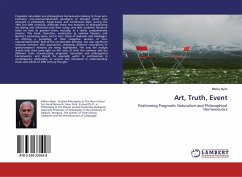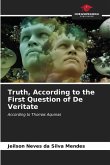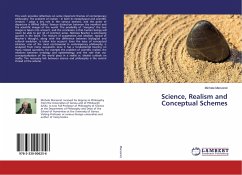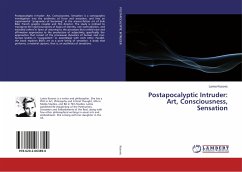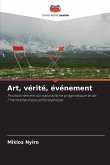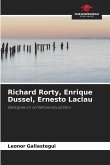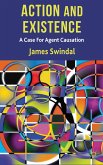Pragmatic naturalism and philosophical hermeneutics belong to those anti-Cartesian, non-representationalist paradigms of thought which have emerged in philosophy, Anglo-Saxon and Continental alike, during the 19th and 20th centuries. Although these two branches of philosophizing are lasting and influential ones even today, very little academic literature exists on how to position them, mutually, in a rather comprehensive manner. This book, therefore, undertakes to examine Dewey's and Buchler's pertaining views, and in turn, those of Gadamer and Heidegger, via offering a genealogy of their respective versions of non-representationalism. Behind the considerable affinities, but also significant variances between their approaches, ultimately, different conceptions of spatio-temporal relations are being highlighted. This way the analysis should help shed some light on the roots of both the common and the different traits characterizing pragmatic naturalism and philosophical hermeneutics, and should be especially useful to professionals in contemporary philosophy, or anyone else interested in understanding these vivid trends of 20th century thought.
Bitte wählen Sie Ihr Anliegen aus.
Rechnungen
Retourenschein anfordern
Bestellstatus
Storno

